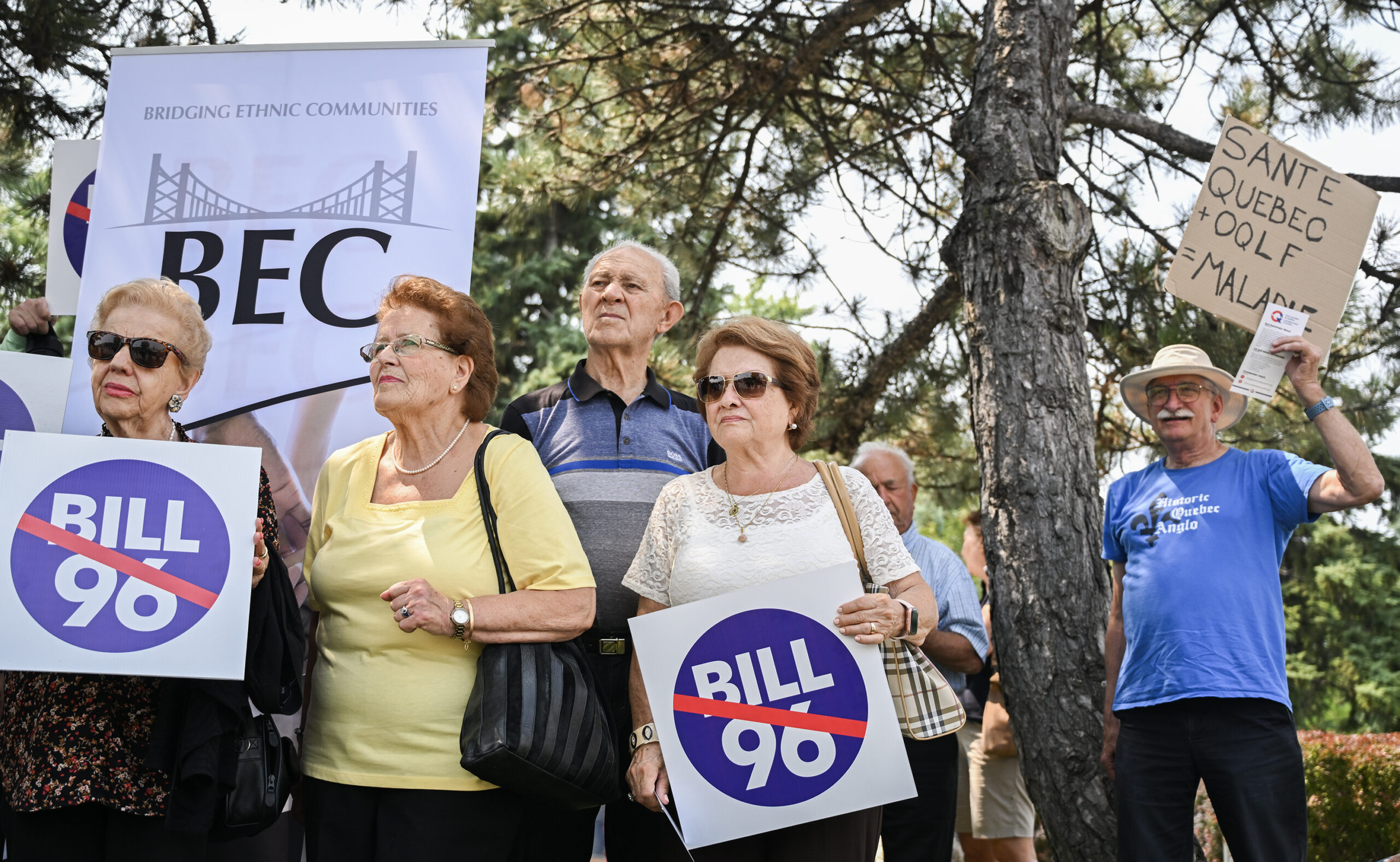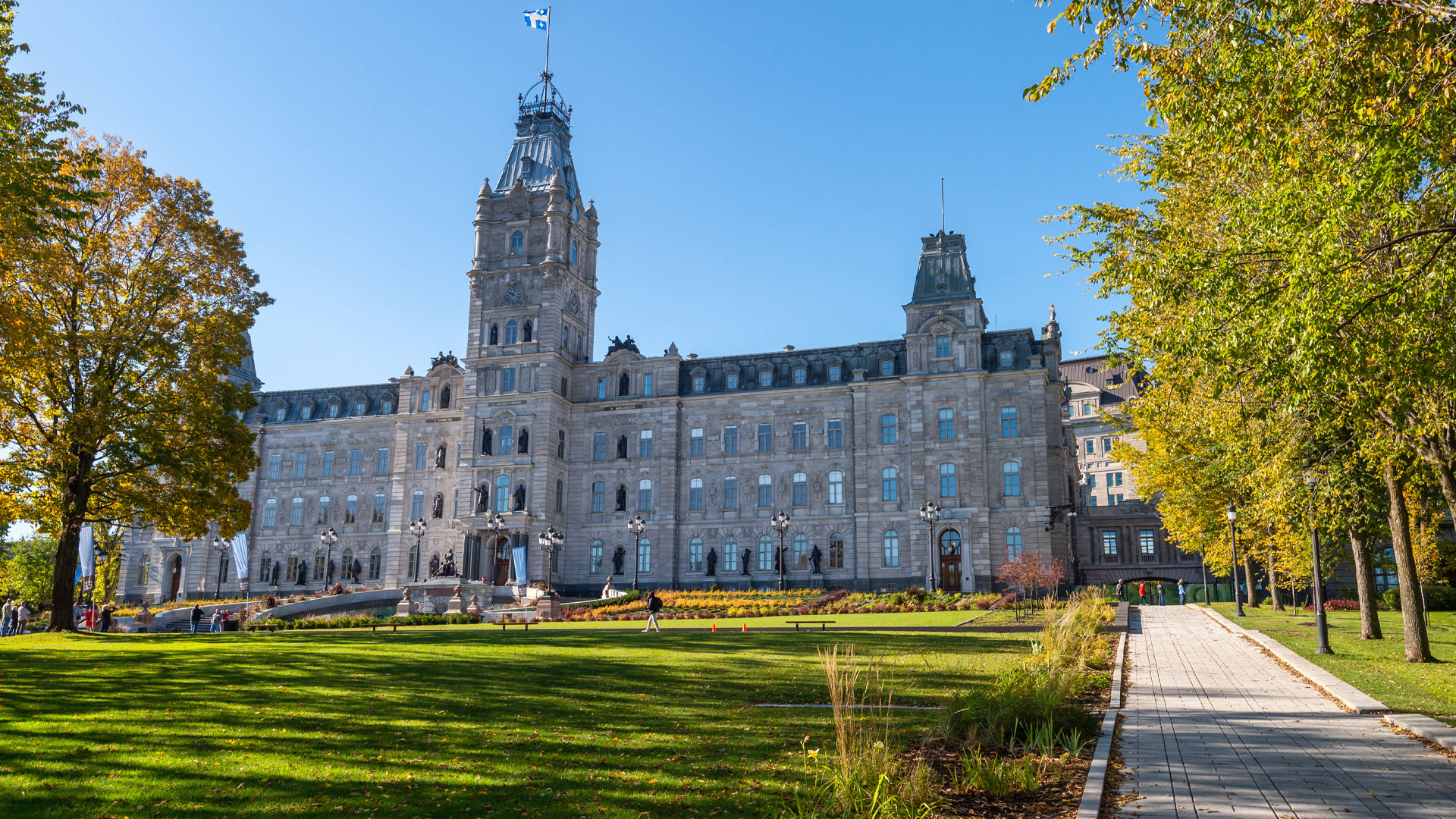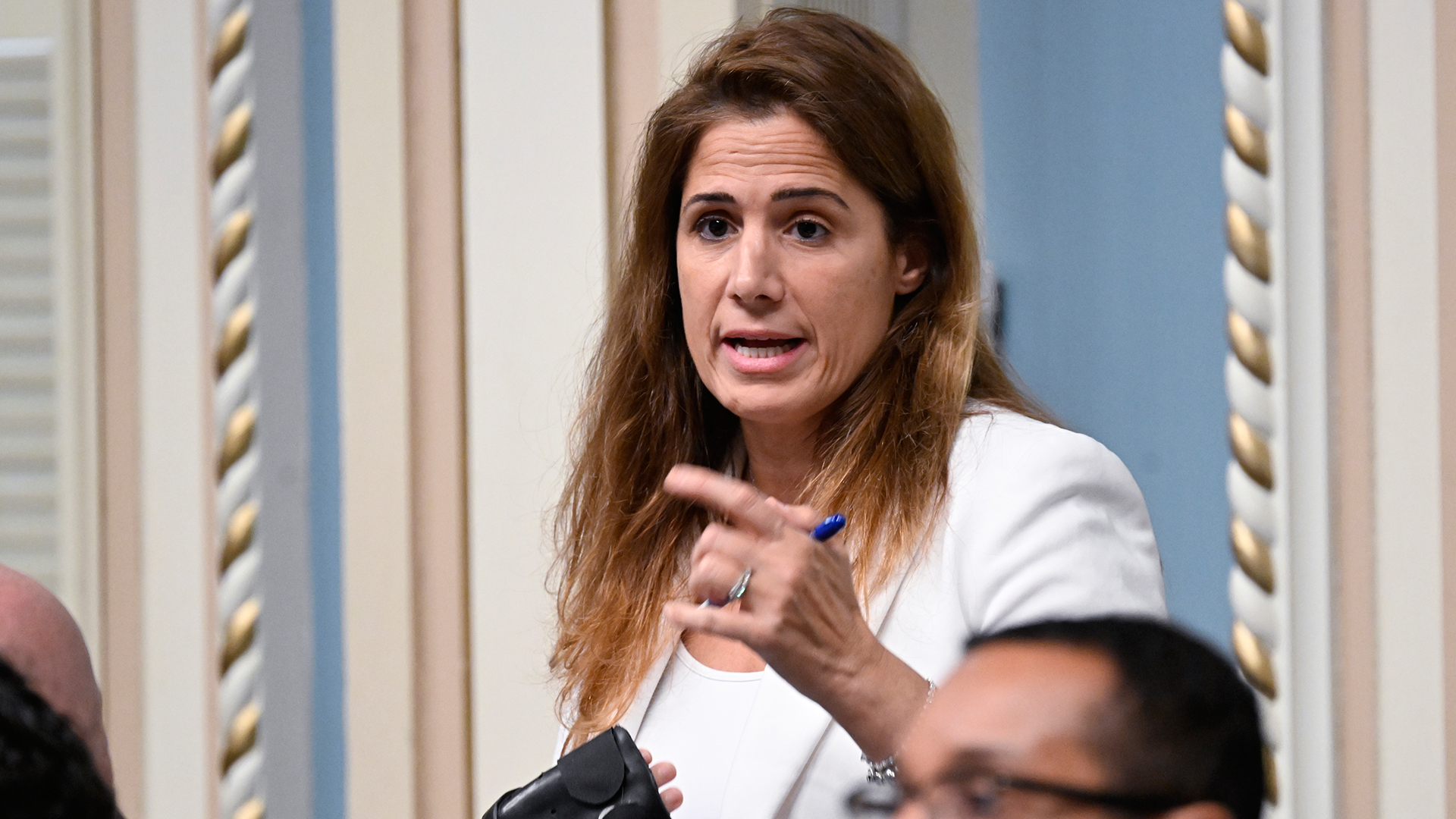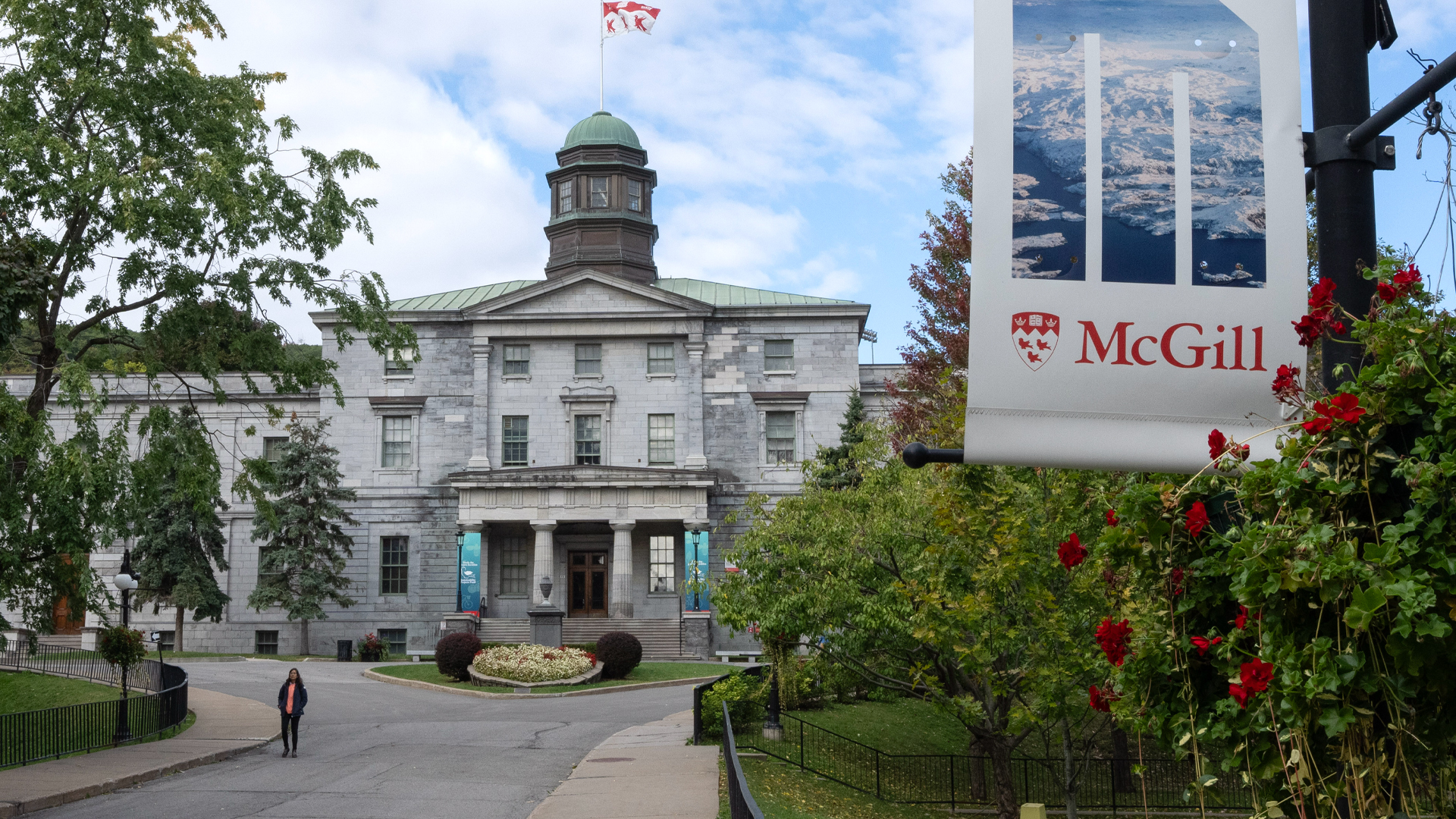
In a recent article in Policy Options, “Quebec’s attempt to unilaterally amend the Canadian Constitution won’t fly,” Emmett Macfarlane, professor of political science at the University of Waterloo, argues that Quebec’s Bill 96 is ultra vires, that Quebec’s National Assembly overstepped its bounds, and predicted it will be struck down by the courts. Bill 96 proposes to “unilaterally” insert two clauses into the provincial and Canadian constitutions affirming that (1) Quebecers form a nation and (2) French is the province’s only official language. Macfarlane argues this represents a fundamental change to Canada’s Constitution, and is therefore subject to the amending formula requiring the consent of other provinces.
Professor Macfarlane may well be right. I am not a lawyer and shall thus not address the bill’s constitutionality nor Quebec’s use of the notwithstanding clause to avoid judicial review of its provisions. My arguments are political.
On June 16, the House of Commons overwhelmingly passed a Bloc Québécois motion acknowledging Quebec’s right to amend its provincial constitution and thus enshrine the two clauses in Canada’s Constitution. Electoral politics played a role¸ of course. There is little to be gained in Quebec, a key electoral battleground, in opposing Bill 96. However, the reasons why the Bloc’s motion passed with relative ease has deeper roots. Canada’s political landscape has changed: The word “nation” is no longer the bogeyman it once was, and the need to defend French is now largely recognized.
Let me start with a short history lesson.
From “Canadiens” to “Québécois”
It is only fairly recently that francophone Quebecers have come to call themselves Québécois. Let me tell an anecdote. In the mid-1960s, as part of a student summer job, I did a census in villages in southern Quebec. One question concerned ethnic breakdown. When I asked what that breakdown was, the answer often was: x pour cent de Canadiens et x pour cent d’Anglais (x per cent French Canadians and x per cent English). The French who landed on the shores of the St. Lawrence River in the 17th century were the first to call themselves Canadiens – a new national identity, distinct from the Anglo-Americans to the south. The add-on “French” (French Canadian) came into use later as the new English-speaking population, who had the temerity to also call themselves Canadians, grew. But French Canadian would never have the proud ring of Canadien.
The sense of being Canadien, hyphenated or not, remained powerful. So why trade it in for a new “national” label? I won’t go into the litany of horror stories that every Québécois child learns at school – how French Canadians were treated outside Quebec, the hanging of Louis Riel and the suppression of French in Manitoba – pivotal moments in history. Emotions aside, the story boils down to numbers (see figure 1). The dream of a Canada where francophones were at home across the land was still very much alive during the first half of the 20th century. One in every five francophones lived outside Quebec. Francophones accounted for a hefty 30 per cent of the Canadian population.
Those demographics began to unravel after the Second World War, a consequence of falling francophone birth rates, continuing anglicization of immigrants and simply the unstoppable attraction of English, notably outside Quebec. The ensuing change in the self-perception of French Quebecers was predictable. They came increasingly to see the province as the sole remaining place for les Canadiens to build a modern French-speaking society on this continent, and thus they became Québécois. Was this “national” identity compatible with continued adherence to the Canadian federation? The separatist (sovereigntist) answer, predictably, was “no.”
Metamorphosis of the word “nation”
The early quasi-automatic association between a professed Quebec “nation” and separatism made the term anathema across the rest of Canada. Most Québécois who defined themselves as “nationalists” in the 1960s (and still well into the 1990s) were either openly sovereigntists or, at a minimum, called for a radical remake of Confederation. Leaving aside the psychodramas of Meech Lake, Charlottetown and endless debates around related concepts (i.e., “distinct society”), “nation” was a toxic term to be avoided.
At the same time, two undercurrents were pulling in the opposite direction, making “nation” progressively less toxic. Indigenous peoples were increasingly referring to themselves as nations, without raising eyebrows. “First Nations” became an accepted expression. In Quebec, “national” came increasingly to be affixed to almost everything and anything, starting with the naming of the National Assembly in 1968, again without raising eyebrows. Since then, the number of events and institutions, including my own Institut national de la recherche scientifique (INRS), with the qualifier “national” has exploded.
There is a simple rule in economics. An oversupply of any product will cause its value to drop. The overuse in Quebec of “nation” has robbed it of its revolutionary punch. “Nationalist” no longer means anti-federalist. Yes, “nation” remains central as an affirmation of collective existence, but it is not a rejection of Canada.
Among the first to recognize this was Stephen Harper, who in November 2006 cleverly fielded a Bloc Québécois motion, culminating in the House of Commons recognizing “Québécois as a nation within Canada.” Fifteen years later, Bill 96 basically copies Harper’s wording: “les Québécois forment une nation.” It does not state that the “province of Quebec is a nation.” This is intentional, I’m sure. Again, I’m not a lawyer; but I fail to see how the bill’s wording threatens the federation.
Also, what is there to be gained from denying any group – Acadiens, Inuit, Métis, why not Newfoundlanders? – the right to refer to itself as a nation? My Canada is, I hope, big enough to accommodate us all.
Language clause: a sign of weakness
I understand the apprehensions of my anglo compatriots, given the nationalist buildup to Bill 96 (to be a radical makeover of Bill 101), but the feared monster turned out to be a fairly mild-mannered beast.
I honestly see nothing that diminishes my right to use English, a language I love. The province’s rich network of publicly funded English institutions (for the record, I’m also an adjunct professor at McGill) is not under attack. Would that Ontario were so diligent in its obligations!
I fail to see how the word “official” plus the add-on “only” change anything. French was declared Quebec’s official language in 1974 by the then-Liberal government. Why is “official” more threatening in 2021 than in 1974? Inscribing it in the Constitution is simply stating an old fact.
As for “only,” it’s basically useless. French was the “only” official language before. I see it, sadly, as a sign of weakness, of insecurity, to include it in the bill. Why else put it there? Affirming that French is the only official language of the province does not alter the reality that Canada has two official languages, nor, for that matter, that individual institutions or administrations may have their own “official” languages, Inuktitut in Nunavik for example. Is there jurisprudence that suggests that “only” confers specific powers? If not, I suggest its function is primarily political.
In the end, the two controversial clauses are mainly about symbols and perceptions. But symbols and perceptions matter. In this case, they are a much-awaited step for many Québécois on the long (and tortuous) road to enshrining Quebec’s distinctiveness in the Canadian Constitution. The final paradox is that, by explicitly invoking the Canadian Constitution, Bill 96 thereby acknowledges that Quebec recognizes, albeit implicitly, the existing constitutional order. Bill 96 may well be ultra vires, but it is not an attack on national unity. Au contraire.









